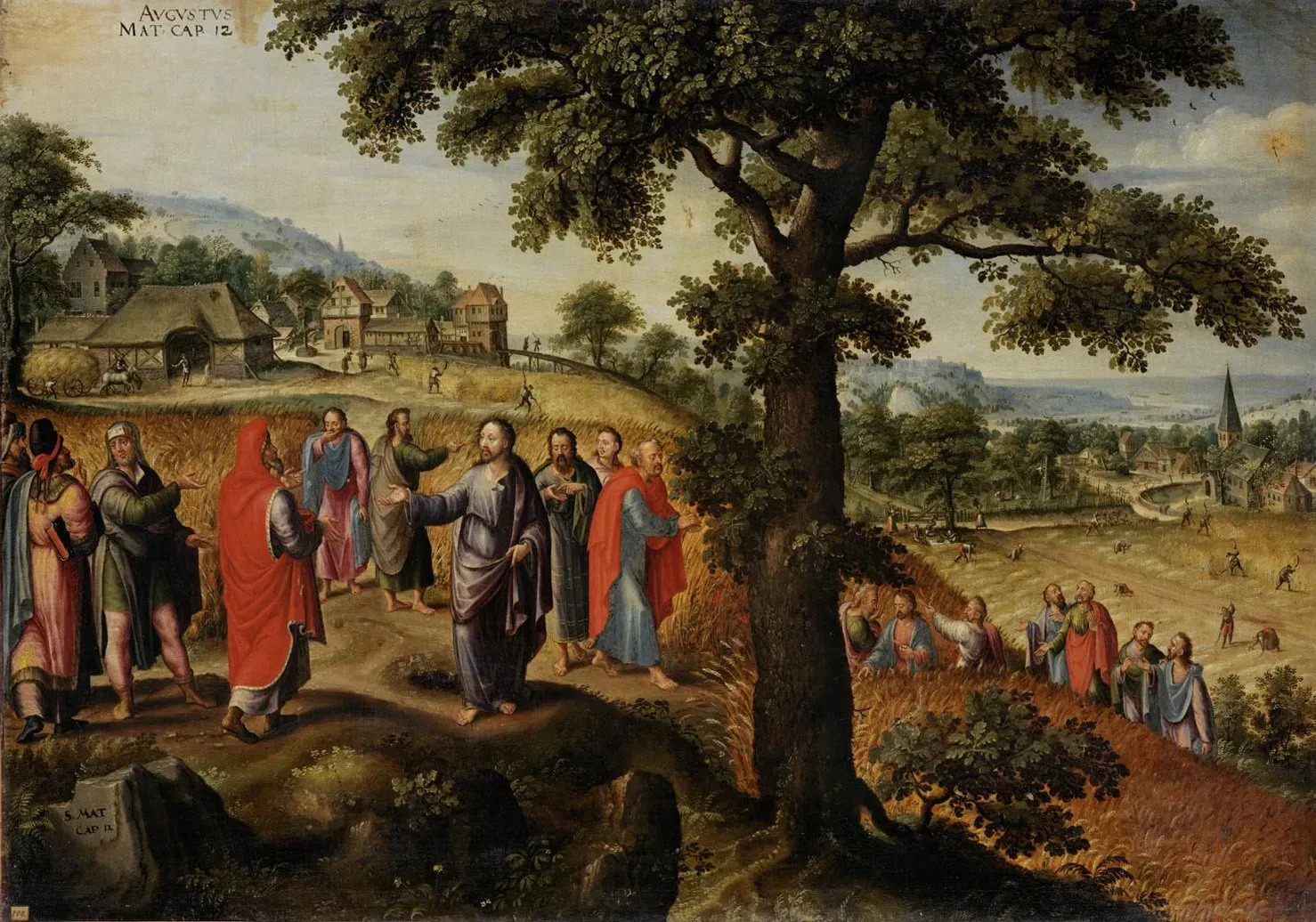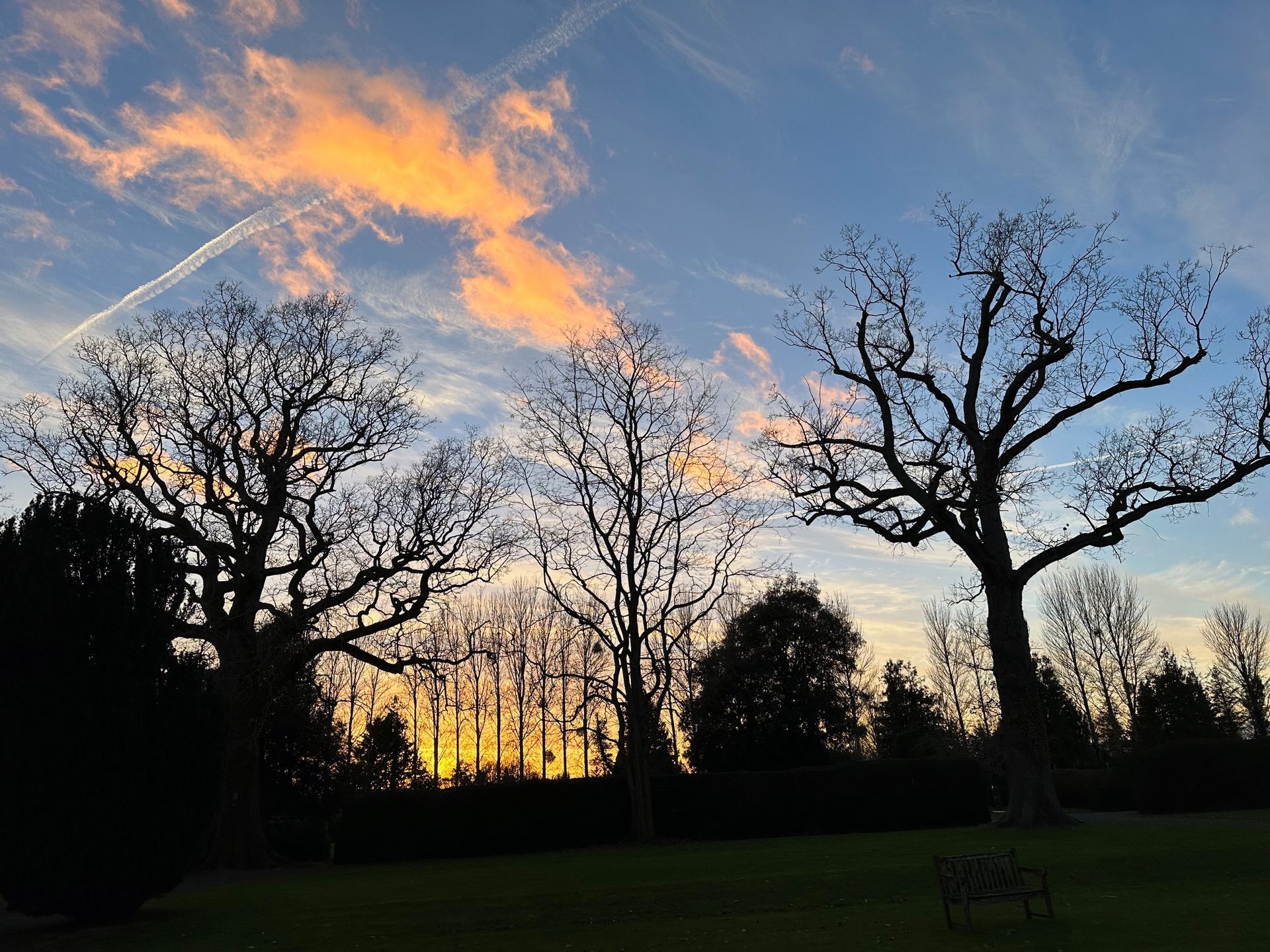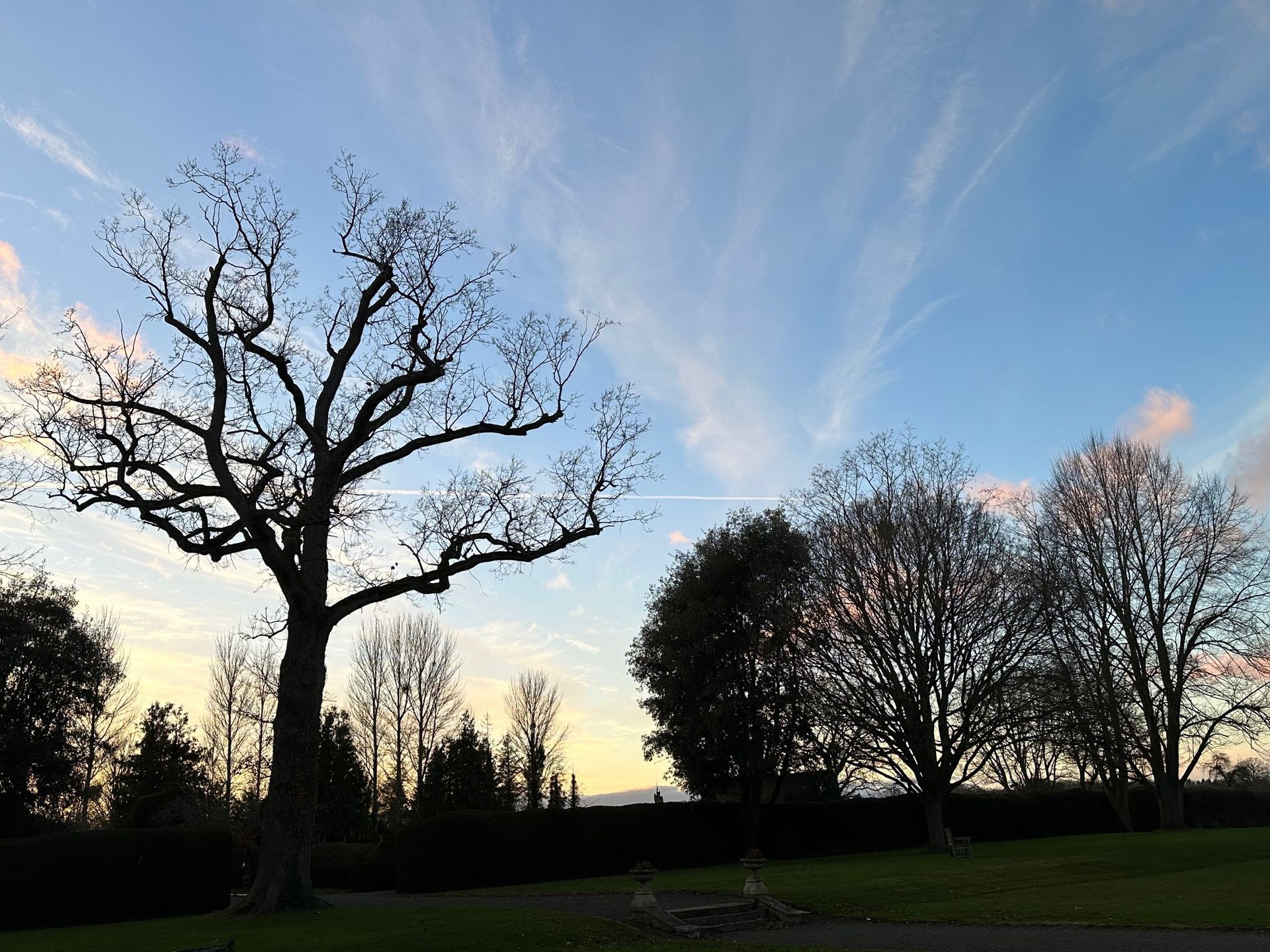Message of Abbot Paul - Tuesday - 16th January 2024
Abbot Paul • January 15, 2024



It seems hard to believe that we’re already in the second half of January. How this year to going fast. It will soon be Lent. And how the days are lengthening, with the occasional glorious sunset, as last night. I pray that the good Lord will bring peace to our troubled world and that all people will long for and work for peace with justice and respect for all.
In his book Gospel of Mark, William Barclay wrote, ‘The best way to worship God is to help men.’ We might think that loving God and loving our neighbour are two different things, but they’re not, they are the two faces of the same coin. Our love for God is expressed in how we treat others. St John makes this clear in his First Letter, ‘Whoever does not love the brother, whom they have seen, cannot love God, whom they have not seen.’ (1Jn 4: 20) I write these words by introduction to today’s Gospel reading from Mark, (Mk 2: 23-28). “One sabbath day, Jesus happened to be taking a walk through the cornfields, and his disciples began to pick ears of corn as they went along.” Doesn’t this remind you of your childhood, those carefree days when it was always Summer? Feasting from nature’s bounty: how good God is! But it’s the sabbath and the Pharisees are on the lookout for something with which to criticise and condemn Jesus and his disciples. “The Pharisees said to him, ‘Look, why are they doing something on the sabbath day that is forbidden?’“ In his reply, Jesus has recourse to Scripture as he did when tempted by Satan after his forty day fast in the wilderness. “Did you never read what David did in his time of need when he and his followers were hungry – how he went into the house of God when Abiathar was high priest, and ate the loaves of offering which only the priests are allowed to eat, and how he also gave some to the men with him?” These loaves of offering, twelve of them, were placed on the golden table outside the most holy place in the tent of meeting. They were sacred to God and set out fresh every Sabbath. They could be eaten only by the high priest and his sons, (Leviticus 24: 5-9) However, in the absence of any other food, David and his men ate them. (! Samuel 21: 1-6)
Jesus concludes by saying, “The sabbath was made for man, not man for the sabbath; the Son of Man is master even of the sabbath.” He cites the incident of David and his men as an example of how rules, even God-given ones, are not intended to take precedence over human need. In this way, Jesus tells us something important about divine rules, in other words, the Law: God made the Law to serve humans and not to rule them. What, then, is more important, to feed the hungry or to meticulously observe a commandment or rather an overstrict interpretation of that commandment? For Jesus, charity and the genuine needs of the poor, the sick and the sinner always take precedence over a rigorist interpretation of the Law, as was the custom with the scribes and Pharisees. He is giving us an important lesson for today as well. Charity comes first.









